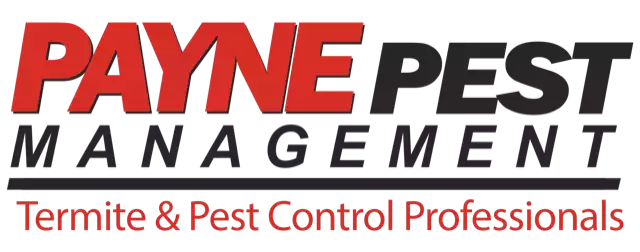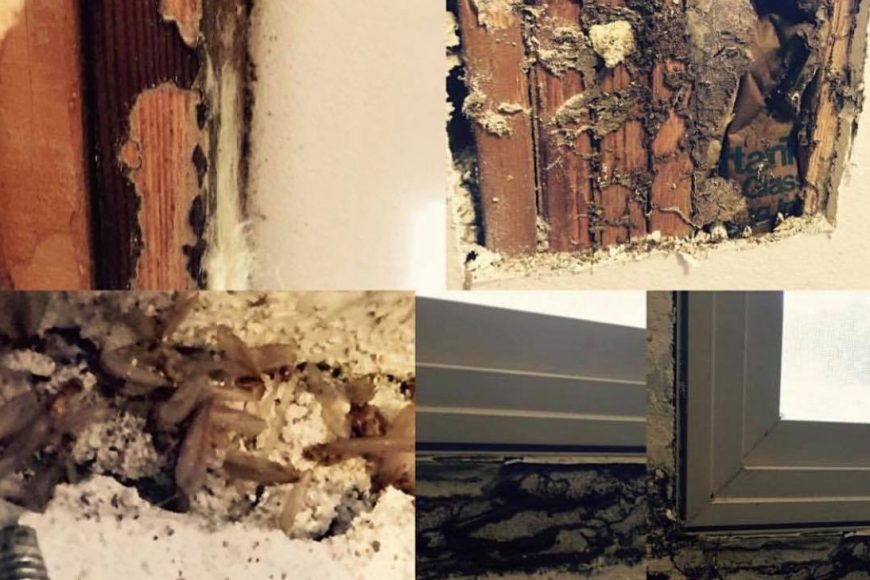Drywood and dampwood termite infestations are generally lighter than those caused by subterranean termites. These two species will have to build an entirely new colony whenever they infest a piece of wood, as opposed to the subterranean termites, which already have a colony and simply start consuming a piece of wood as soon as they find it. However, if drywood and dampwood termite infestations are left unchecked for long enough, they become extremely difficult to remove. This is where tenting and fumigation come in.
Subterranean termite colonies can be treated using either chemical barriers or baiting systems. These methods are relatively easy to install, but they are more expensive than localized treatments, and they are designed to either cut off a colony from the home, or to destroy the colony outright. Drywood and dampwood termites can be treated by applying termiticide directly to the wood, when the infestations are small. However, when they are spread out through the home, it can be impossible to reach some of the infested wood, and fumigation may be needed.
Fumigation is both more complex and more expensive than any other treatment option, but it is the best method to use in this situation. It works by placing a tent over the entire building, and then releasing a gaseous insecticide in it. This insecticide will kill all the insects in the home, and during its application, the home has to be vacated. Once the process is complete, the tent is removed and the home is inhabitable again, this time, without any termites in it.
Tenting and fumigation have evolved over the years to make the whole procedure less inconvenient for homeowners. In the past, a lot of residue would remain in the home, and this would make for a lengthy cleanup process. Nowadays, the cleanup needed is not as extensive. Your Payne pest control team will let you know in detail all the steps you need to take before, during and after the fumigation.
If you suspect that you have a termite infestation, or if you have any questions about the fumigation process, give us a call, and we will gladly help you out.







